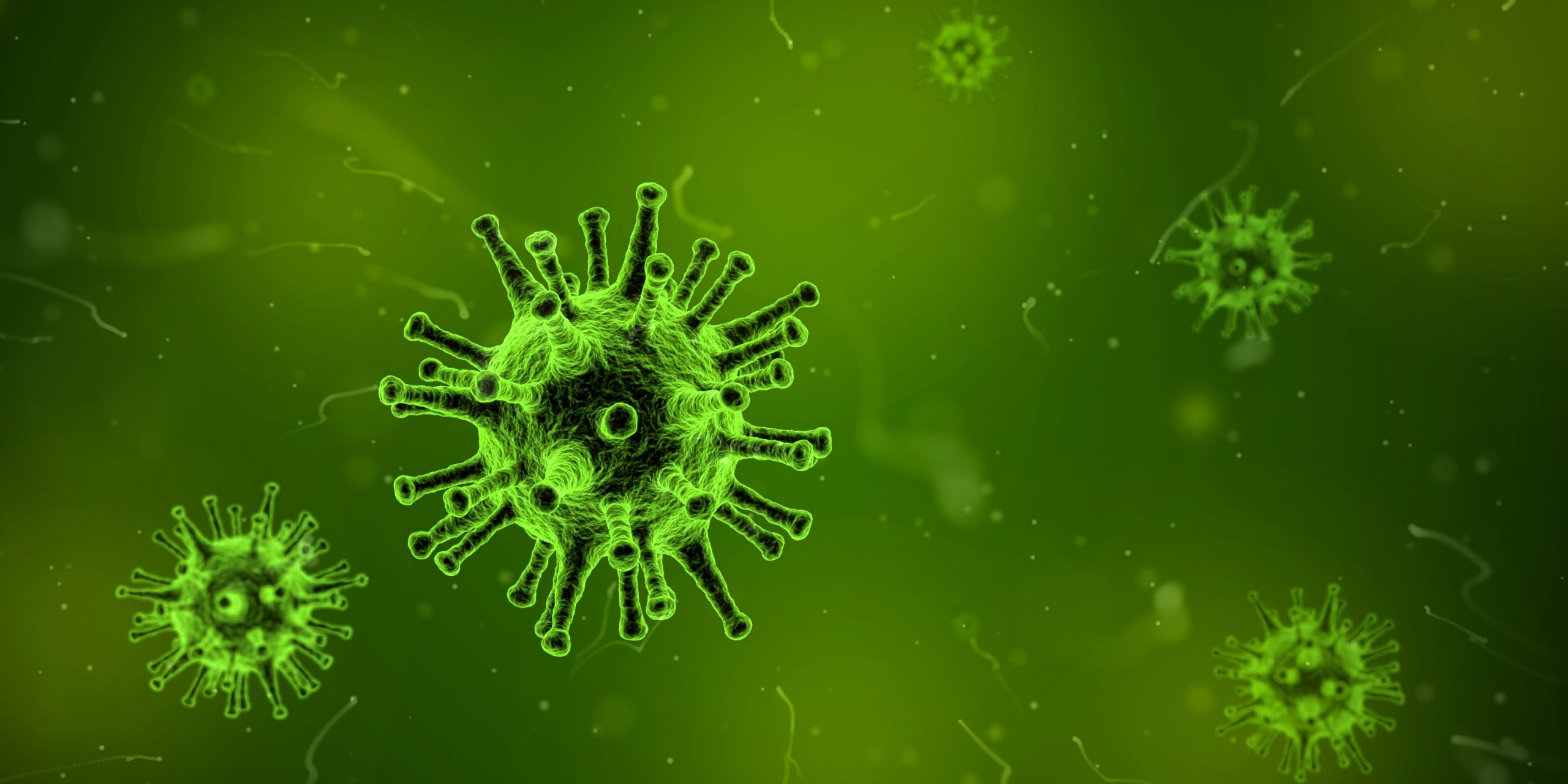Diagnosis and intensive care by Covid-19, were the topics addressed in the two remote seminars organized jointly between UC and Tsinghua University. The instance was invaluable in learning and reinforcing concepts about how doctors dealt with the health crisis at the heart of the pandemic.
Since the start of the coronavirus outbreak in Hubei, the region where Wuhan City is located, in late January, China mobilized 346 medical teams from 29 provinces in the country. A total of 40,000 support doctors and nurses, who worked closely with local medical personnel. In one week, the genetic sequence of the new coronavirus was identified. And medical infrastructure with a capacity of 2,600 beds was added in ten days.
How did the medical personnel cope with Covid-19 at the heart of the pandemic? Sharing this experience was the objective of the two webinars or online seminars that were held jointly between the UC -through the Vice-Presidency for Research Affairs and the Faculty of Medicine- and Tsinghua University, in April and May.

“I feel China has already won the first phase of a tough battle against the virus and has accumulated valuable experience. We sincerely hope that this experience can be of some help to Chile”, says Taotao Chen, director of the Latin America Center at Tsinghua University.
The diagnosis and Covid-19 intensive care were the topics addressed in these sessions, which included the participation of academics from the School of Medicine and the UC Christus Health Network on the Chilean side, and professionals from the Peking Union Medical College Hospital (PUMCH), from China.
As UC Vice President for Research Affairs, Pedro Bouchon states, “This interaction helps accelerate the adoption of strategies and measures, based on the expert knowledge of those who have been on the front line in Wuhan. I was surprised by the level of preparation of the Chinese counterpart, who carefully studied specific questions that we sent in advance, which allowed us to quickly focus on critical aspects. Also, this interaction demonstrates the high potential of the Chile-China collaboration, and in general of the global collaboration ”
Some Keys
“Early diagnosis, early reporting, early quarantine, and early treatment.” These are the keys to the Chinese medical experience when facing the pandemic according to Dr. Xiao Meng, from the PUMCH Clinical Laboratory department. When asked about recommendations for Chile, the doctor is emphatic: “Isolate the suspects, and then: test, test, test. No testing methodology is efficient enough on its own, ”he says.
Among the specific measures adopted in China are the massive carrying out of examinations of the population in urban outbreaks of infection, follow-up measures for those infected through the use of technologies and the care of health equipment with elements of personal protection.
“For me it was key, because it reinforced fundamental concepts that I have brought to the Advisory Commission and to my UC colleagues, and that they were relatively resisted by the prevailing knowledge or paradigm at that time,” says Catterina Ferreccio, an academic from the Department of Public Health of the UC School of Medicine, deputy director of ACCDIS and member of the COVID-19 Commission of Experts that advises the Ministry of Health.
Among these concepts, Dr. Ferreccio emphasizes that isolation at home of people infected with Covid-19 is not effective, “it does not prevent transmission and the occurrence of new cases. Everyone goes to shelters or hospitals,” she says. Regarding the tests, it reaffirmed the low sensitivity of the PCR -used for the diagnosis of coronavirus- and its low utility as a discharge criterion, as well as the importance of using saliva in the diagnosis. Other topics were the use of antibodies in the clinic and the doubts of antigen tests; the non-existence of re-infections; and the management of serious cases by a complete team of specialists who consider all the organs most affected to say management.
For the specialist, this instance has been very valuable. “I would like to meet them again and learn what is new, for example, do they continue to use antivirals in the shelters? What Chinese medicines do they use? Have they changed the management of clinical cases? Do they maintain the strategy of the shelters Have you seen relevant changes in the virus that change the clinical course or the immune response? I would also like them to update us on the development of vaccines and the possibility of doing a phase three study in Chile ”, he explains.
As Taotao Chen from Tsinghua University concludes, “I would like to think about any of the issues raised and jointly organize another activity with the UC on this topic. I sincerely hope that Chile can win the battle as soon as possible. We would like to go hand in hand with our Chilean friends and put our efforts there. ”